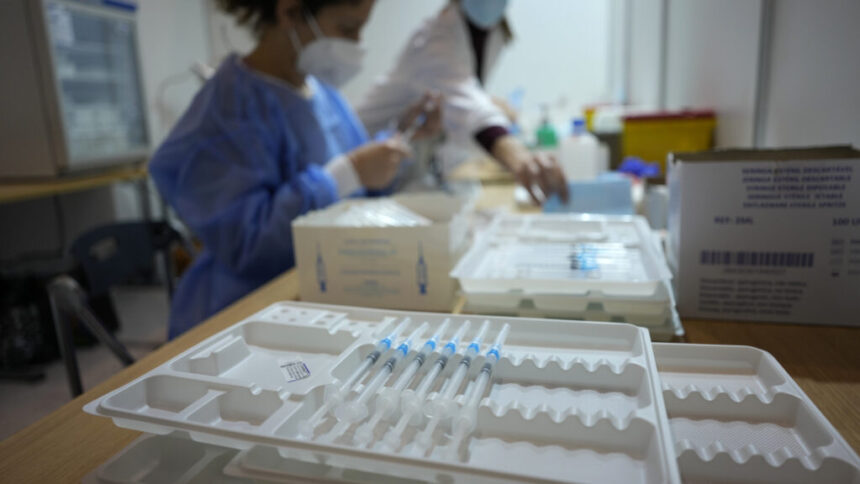The Centers for Disease Control and Prevention (CDC) has long relied on external experts to provide guidance on the use of vaccines to prevent the spread of infectious diseases. However, the composition of the Advisory Committee on Immunization Practices (ACIP) has recently changed, raising concerns among some experts.
The new members of the ACIP include individuals with varying levels of expertise in infectious diseases and vaccines. One member is a psychiatrist who has researched the potential link between maternal fish consumption and autism, while another is a board member of an organization that questions the safety of vaccines. Some of the new members have expressed support for vaccines in the past, but others have admitted to limited knowledge in this area.
Kathryn Edwards, the scientific director of the Vanderbilt Vaccine Research Program, has worked with three of the new ACIP members in the past. While the exact identities of these members were not disclosed, their backgrounds suggest a departure from the typical expertise expected on the committee.
The changes in the composition of the ACIP have raised concerns about the future recommendations on vaccine use. With individuals who have been critical of vaccines or lack expertise in infectious diseases now serving on the committee, there is uncertainty about how this may impact the CDC’s vaccine guidance.
In conclusion, the new members of the ACIP bring a diverse range of backgrounds and perspectives to the committee. While it is important to have a variety of voices and expertise represented, the inclusion of individuals with limited vaccine knowledge or who have expressed skepticism about vaccines raises questions about the committee’s ability to provide sound recommendations on immunization practices. It will be crucial for the CDC to carefully consider the input of all committee members and ensure that evidence-based science remains at the forefront of vaccine decision-making.








